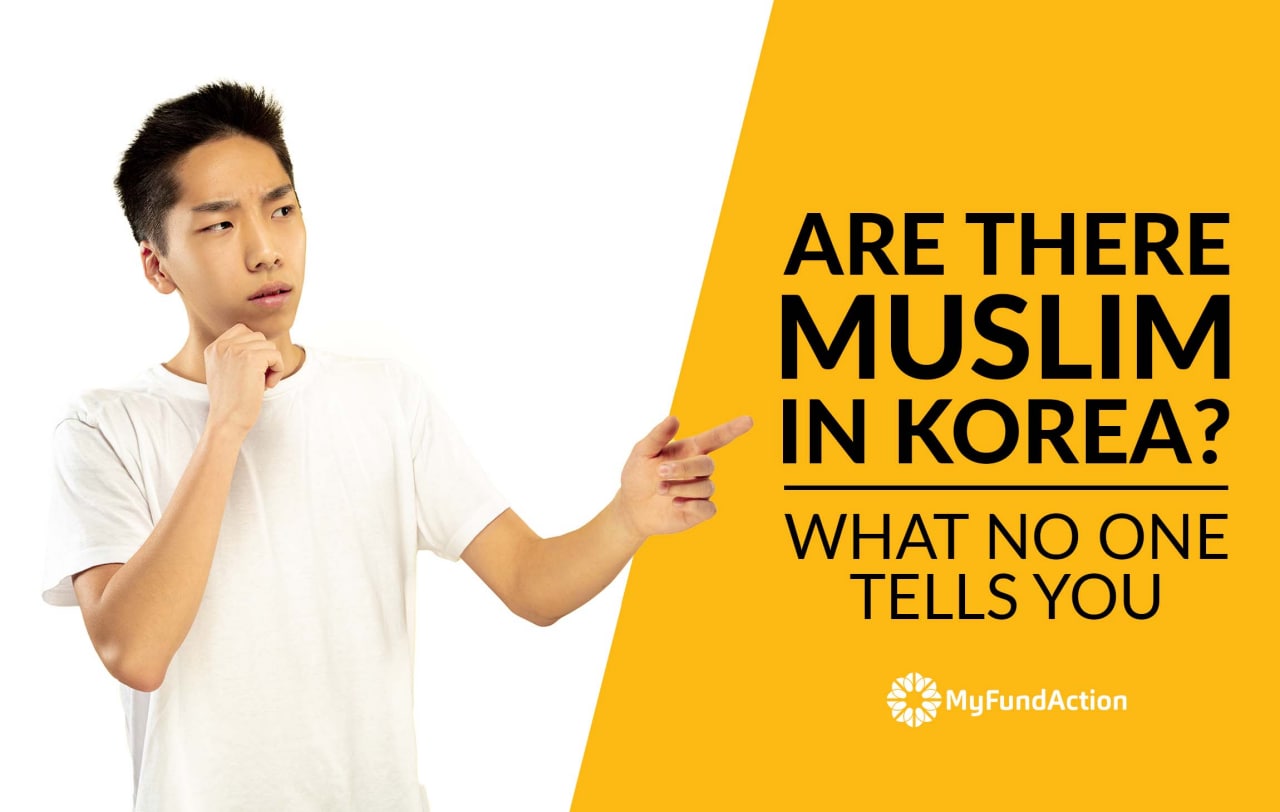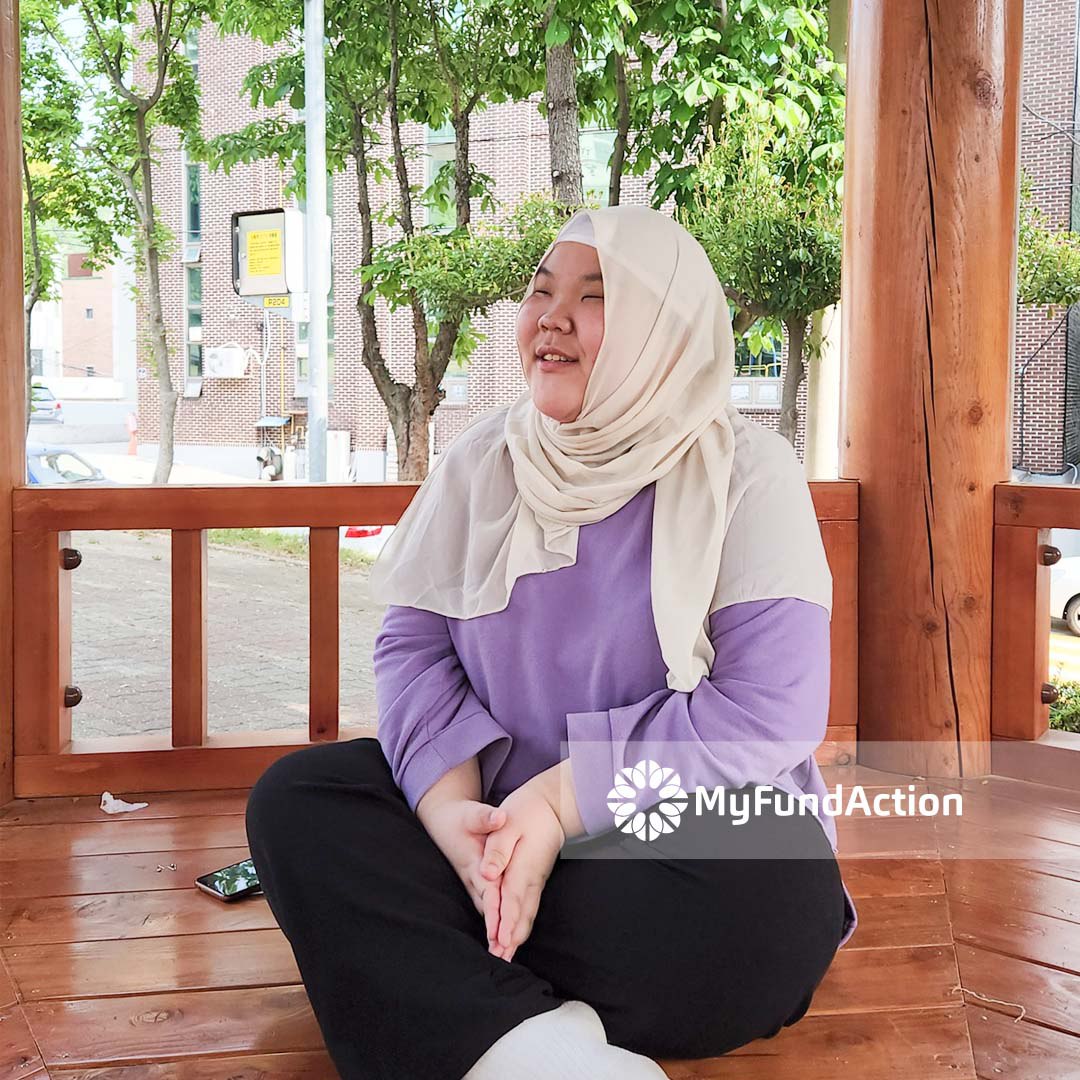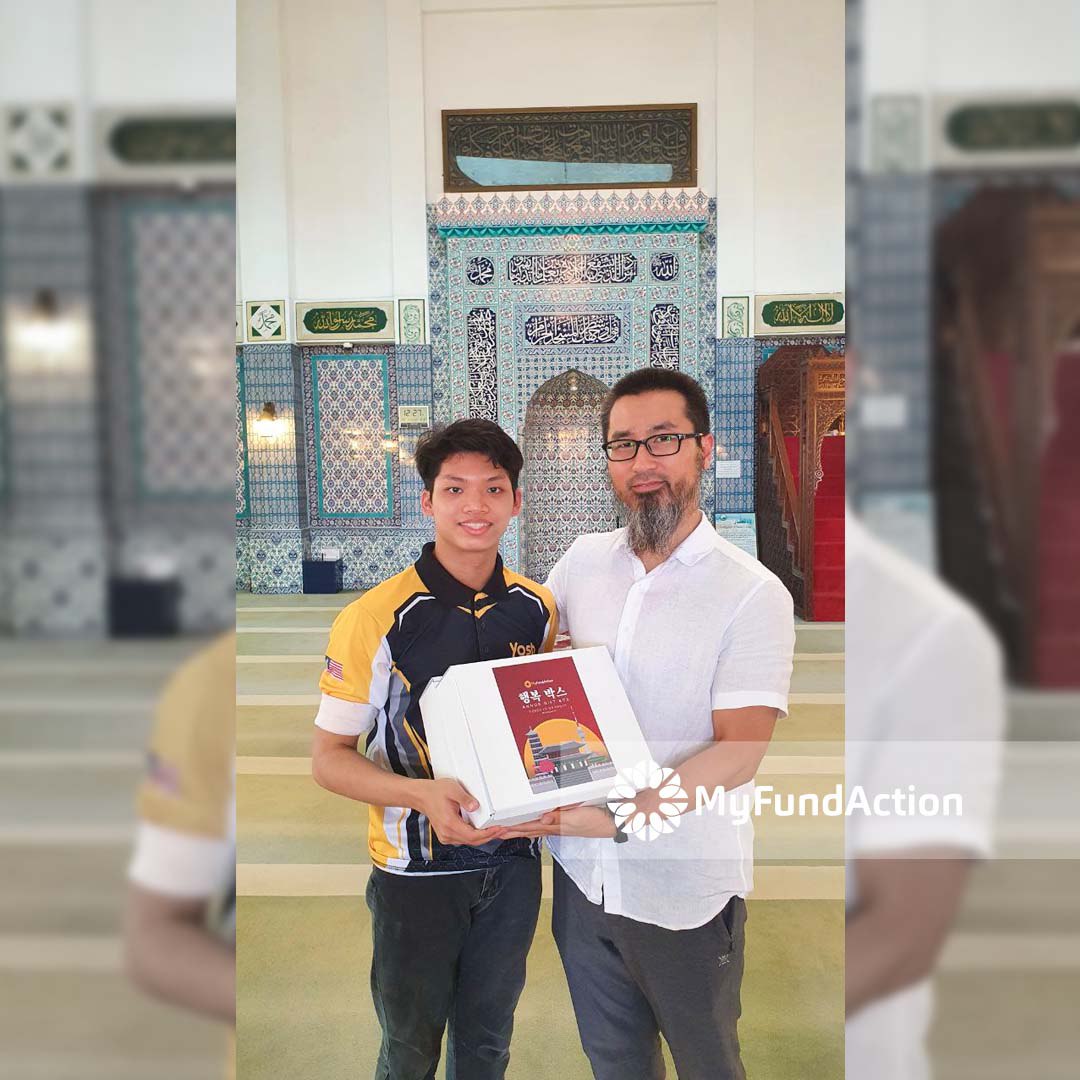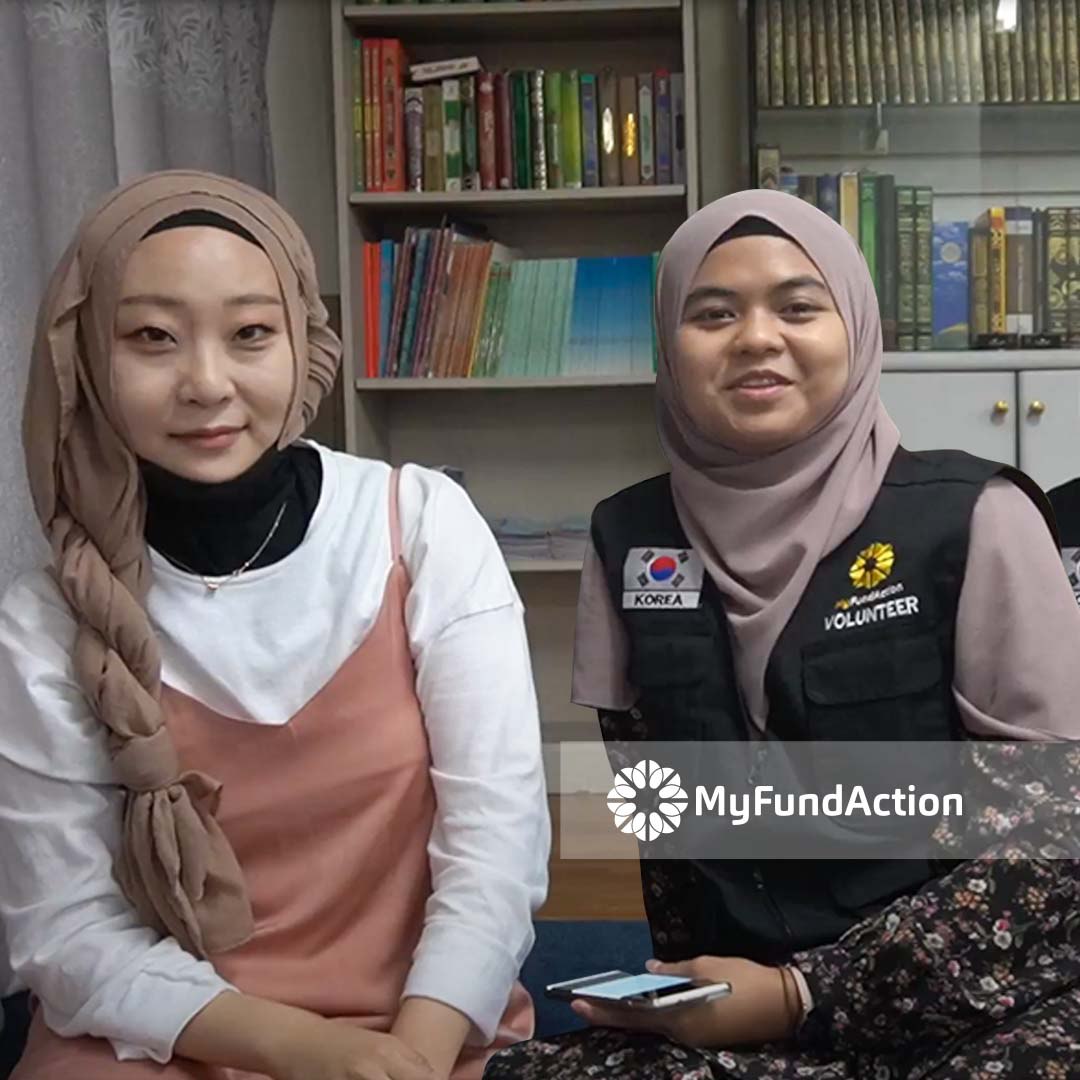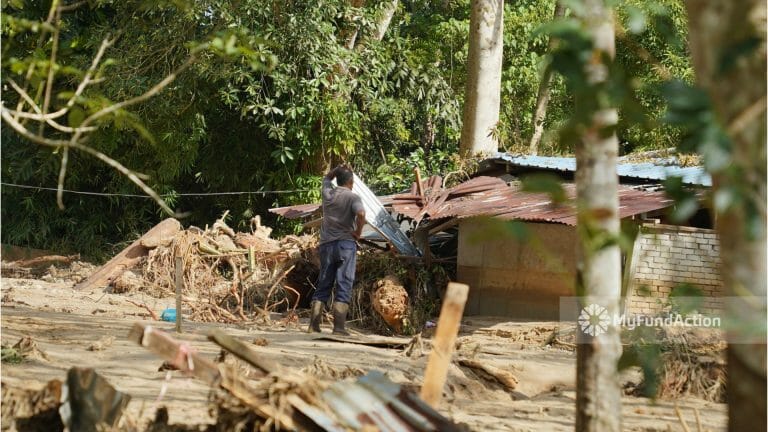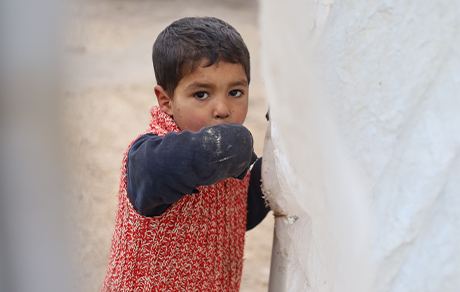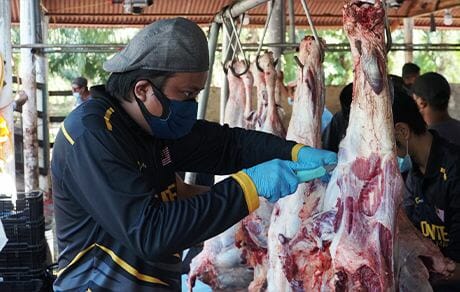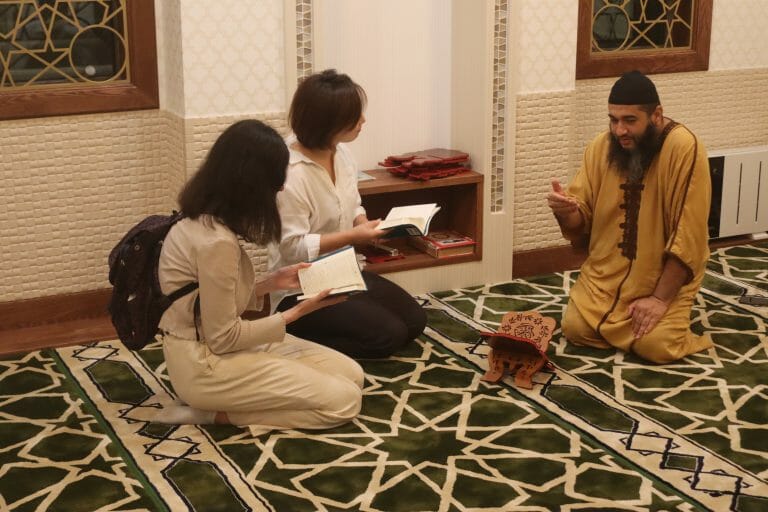Are you interested in visiting South Korea or living there as a Muslim? If so, then this article is for you.
Here, we are going to shed some light on the reality of being Muslims in Korea. We’ll take a look at how easy it is to get halal food, the challenges that Korean Muslims face, and what it is like practicing Islam there.
But before we delve deeper, let’s briefly learn about the history between Islam and Korea.
The Development of Islam in Korea
The presence of Islam in Korea can be traced back to the 9th century thanks to the work of Ibn Khordadbeh, a Persian cartographer.
Back then, the Muslims arrived as navigators and traders, some of whom later became guardians for the Kingdom of Silla.
Interfaith marriages between Muslims and the locals happened during this era, but the record suggests that there is not much preaching to teach Islam.
However, beginning from the 14th century, there was no sign of the religion in the country somehow.
The first contact after the absence was during the Korean War in the 20th century, when Turkey gave military aid to South Korea.
The Turks who stayed after the war began spreading the word of Islam, which led to a growing number of Muslims in South Korea and resulted in the inception of the Korean Muslim Federation.
Current State of Being a Muslim in Korea
Currently, there are around 180,000 Muslims living in Korea, according to the Korean Muslim Federation. 70% to 80% of that figure is immigrants and it is estimated that there are roughly 35,000 native Korean Muslims.
Islam is a minority religion in South Korea and the followers only make up less than 1% of the country’s total population. The biggest one is Protestantism with 14% of the share while 60% of the residents identify themselves as not having any religion at all.
So, what does it feel like to live in an atheist Asian country as a Muslim? Let’s dive deeper into the case.
Is it Hard to Practice Islam in South Korea?
While the Korean constitution states that everybody has freedom of religion, it can be said that practicing Islam is quite hard in South Korea.
The reason is that there are only 75 mosques across the country and more than half are situated only in the big cities, like Seoul and Busan.
For tourists from Muslim countries, this would not be a problem as they can easily find one in tourist areas. But for Muslims living in other cities of Korea, the insufficient number of Islamic places of worship makes it difficult for them to perform collective prayers.
In terms of Islamic clothing, like Hijab, South Koreans might give us a curious look as they walk by. They generally don’t mean any harm but just keep that in mind when you are walking in any Korean street.
Despite this, the government is actively trying to make Muslims in Korea feel more welcome. The Ministry of Foreign Affairs regularly holds an iftar dinner for Muslims in Korea, which has been running since 2004 as one of the government’s ways of showing solidarity with Islam and acknowledging the diversity in the country.
Halal Food
Unlike Japan, South Korea has a centralized halal certification agency called KMF Halal Committee. This allows business owners to acquire halal stamps for their restaurants, making it easier for Muslims to get permissible meals.
Sadly, the number of halal-certified restaurants is still low considering the population of Muslims in Korea. Not to mention that there might be many establishments that claim to offer halal menus but actually still use non-halal ingredients in them.
There is one app, fortunately, that can tell you which Korean snacks and dishes are halal. It’s called MUFKO, which allows you to scan barcodes on products and search Korean meals to see if they are entirely made of halal ingredients.
The Integration Between Islam and South Korea
Islam, a religion that originated in Saudi Arabia, uses the Arabic language in most of its practices and teachings. For new Muslim reverts and Koreans who want to learn about the religion, this is a big challenge as they have to familiarize themselves with new sounds and characters.
Luckily, the process of learning Islam is aided by the presence of Quran translation for Korean and Islamic centers across the country.
One of the people who have benefitted from such places is Solehah, a new Muslim revert and a South Korean native.
“They assisted in educating me about Islam. And as a result, I now have a basic understanding of what Islam is all about.”
Islamic centers prove to be a crucial part of the Islam movement in South Korea since they serve as a place for Muslims to gather and grow as a community.
Despite that, the development of Islamic centers is not always smooth sailing in Korea. Insufficient numbers of preachers, mentors, and even the Quran are one of the biggest problems that the community faces.
To help overcome this issue, MyFundAction started a campaign called Haengbok Box. The name comes from the box that we give to new Muslim reverts and contains the Korean-translated Quran and other supporting prayer objects.
The program also aims to provide new reverts in Korea with more preachers and mentors so they can strengthen their faith and receive the correct information about Islam.
If you’d like to support the cause, feel free to go to our campaign page.
Perceptions Towards Muslims in Korea
Islam is a tiny religion in South Korea compared to the others so its exposure to Koreans is very small. That is why there are a lot of misconceptions about Muslims in the country.
The negative perceptions can result in varying degrees of actions, from harmless to harmful. The most common issue is the weird look that Koreans give to people who wear hijab, grow their beard, or have darker skin as they are generally thought to be Muslims.
However, the misunderstanding can escalate to something more serious, such as verbal abuse.
One of the incidents happened to Ola Bora Song, a South Korean who converted to Islam more than a decade ago.
She told MyFundAction that she had been yelled at to go back to her country when she was actually a native. Also, people often joke that she is bringing a bomb under her clothing.
These kinds of aggressions can happen both online and offline to a lot more Muslims in Korea. And Ola is convinced that this prejudice is partly because of the misrepresentations of Muslims in Korean media.
Another extreme case happened in Daegu city recently, where local residents protested the construction of a mosque in the area.
According to NPR, the frequent worshippers were often called terrorists and told to go out of Daegu by the people who live nearby.
Of course, Muslims in Korea are hoping that Islamophobia will gradually fade as more natives are exposed to the truth about Islam. But currently, this is the reality that most of them have to endure in the country.
Conclusion: Is South Korea Muslim Friendly?
It depends on where you are from and where you are living. If you are a Muslim tourist who only visits big cities, South Korea is quite Muslim-friendly. You might get the occasional look from the locals if you wear a hijab or grow a beard, but generally, you can safely walk, pray, and eat without worries.
However, this is not the case for Muslims who have been living in South Korea for a while, especially in smaller cities. Cases of verbal abuse towards Muslims and discrimination might happen in these areas and there are fewer Islamic facilities for them.
The short history between Islam and South Korea, the misrepresentation of Islam in the media, and the preconceived judgment toward Muslims are to blame for the current situation.
Nevertheless, we are hopeful that further assimilation of Islam into Korean society will slowly create a better condition for them.
MyFundAction understands that Korean Muslims are currently still a growing community that needs support and guidance from their Muslim brothers and sisters from around the globe.
That is why we have been actively trying to help Muslims in Korea to sustain their lives as followers of Islam and we kindly ask you to lend a hand in supporting our cause.

